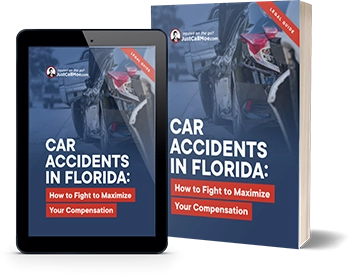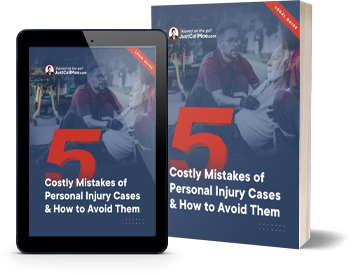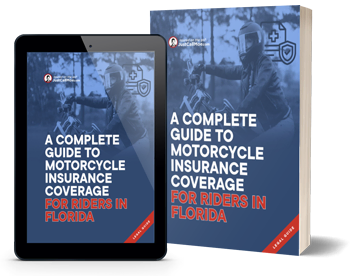Most vehicle collisions are not “accidents.” Driver error causes over 90 percent of the car wrecks in Florida. In a manner of speaking, many of these wrecks happen before the driver slides behind the wheel, as outlined below.
Impaired motorists know that they should not drive yet they do so anyway. Because of this conscious indifference, an Orlando car accident attorney might be able to obtain substantial compensation in these cases.
Alcohol
This substance dulls reflexes and clouds judgment. So, it is little wonder that alcohol causes about a third of the fatal car wrecks in Florida.
Frequently, direct evidence of liability is available. In Florida, tortfeasors (negligent drivers) are liable for damages as a matter of law if:
- They violate a penal safety law, like the DUI law, and
- That violation substantially causes injuries.
The negligence per se rule applies even if the tortfeasor “beats” the DUI charges in criminal court, perhaps because of an inaccurate blood test result.
Most people are intoxicated after three or four drinks. But impairment begins with the first drink. Evidence of impairment includes:
- Bloodshot eyes,
- Erratic driving, and
- Unsteady balance.
The burden of proof in civil court is only a preponderance of the evidence (more likely than not). So, a little proof goes a long way.
Fatigue
Alcohol and fatigue affect the body and brain in roughly the same way. In fact, driving after eighteen consecutive hours without sleep is like driving with a .05 BAC level.
Drowsy driving might be just as dangerous as “drunk” driving, but drowsy driving is not against the law. As a result, these victim/plaintiffs must use circumstantial evidence to establish a lack of care. In addition to physical symptoms, other evidence include statements the tortfeasor made about fatigue.
Drugs
In many jurisdictions, there are more drugged drivers than drunk drivers. Legally, the same analysis discussed above applies in drug impairment cases. Many drugs, such as prescription painkillers, trigger prosecution under the DUI law. In other cases, circumstantial evidence is available.
Other impairing drugs include street drugs like marijuana and heroin and some over-the-counter drugs like Sominex and Nyquil.
Distraction
Florida lawmakers recently approved a limited hands-free law. If tortfeasors violate this law and cause crashes, they are presumptively liable for damages. Negligence per se in device distraction cases is different, because the hands-free law is not a penal law.
The hands-free law has a number of exceptions. Additionally, this provision does not apply to hands-free speakerphones. There is considerable evidence that these gadgets are even more distracting than hand-held devices.
Non-device distraction, which involves the ordinary negligence principle, includes behavior like eating and drinking while driving.
Medical Condition
A number of chronic medical conditions could cause a sudden and unexpected loss of consciousness. Some examples include:
- Epilepsy,
- Heart disease, and
- Diabetes.
Driving with such a medical condition arguably violates the duty of care, since these individuals might lose consciousness at any time, even while they are driving.
Impaired drivers often cause serious injuries. For a free consultation with an experienced personal injury lawyer in Orlando, contact JustCallMoe. We do not charge upfront legal fees in injury cases.

 (866) 225-5663
(866) 225-5663




 100% Secure and Confidential
100% Secure and Confidential